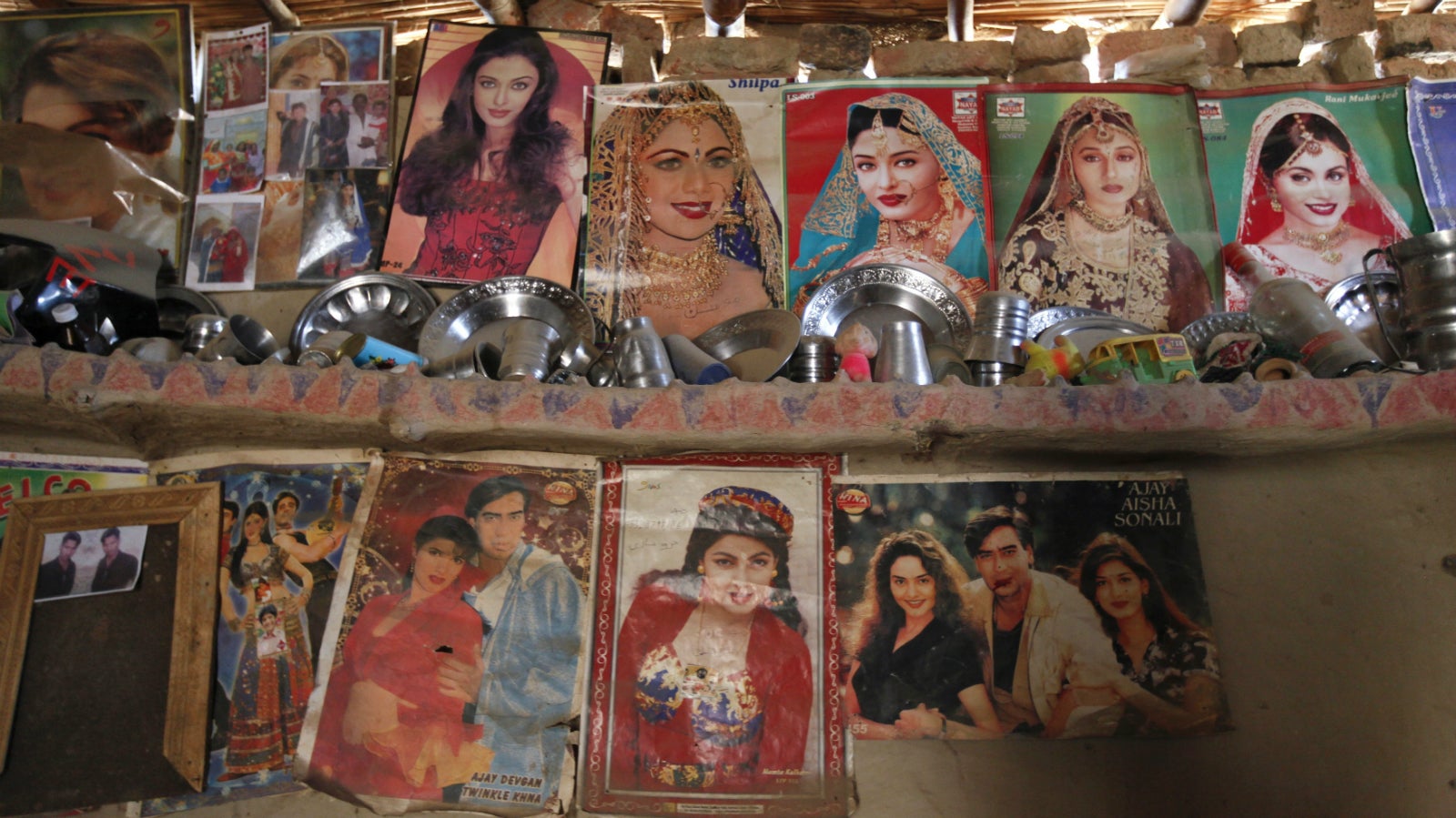Bollywood is hypocritical and spineless. It deserves Pahlaj Nihalani
Every so often, sections of India’s Hindi film industry break into paroxysms of rage. A handful of stalwarts then vent their anger over moves to snip movie scenes, junk them in entirety, or illegally block screenings. Investments and livelihoods under threat, they justifiably spout homilies to free speech.


Every so often, sections of India’s Hindi film industry break into paroxysms of rage. A handful of stalwarts then vent their anger over moves to snip movie scenes, junk them in entirety, or illegally block screenings. Investments and livelihoods under threat, they justifiably spout homilies to free speech.
One such episode is currently underway, hogging headlines and prime air time. Udta Punjab, a crime thriller based on the narcotics problem faced by the northern Indian state of Punjab, has led to a face-off between its makers and the country’s film certification board headed by a much-reviled Pahlaj Nihalani.
While the controversy itself is still unfolding, with the movie’s release date hanging due to legal procedures, a section of industry veterans are out volubly defending the filmmakers’ right to, well, make films without being hounded for perceived breach of moral or social codes.
Yet, one tends to suspect the conviction of these vociferous voices. For, the industry has let many crucial “free speech moments” pass in the past. During episodes when right to free speech faced the gravest of threats, industry stalwarts have either maintained a stellar silence or even harangued those who sought to push the envelope.
For instance, film producer Ashok Pandit, a member of the Central Board of Film Certification (CBFC) himself, has lambasted the move to censor Udta Punjab.
Yet, when comedian Tanmay Bhat recently used a Snapchat video to rib two of India’s most iconic celebrities—legendary playback singer Lata Mangeshkar and iconic cricketer Sachin Tendulkar—he, along with a whole host of Bollywood celebrities, such as actors Riteish Deshmukh and Celina Jaitley, were heard denouncing the young comedian.
They did this exactly when Pandit and friends ought to have defended Bhat’s right to crack jokes—even crass ones. But holy cows are not to be trifled with, you see.
Indeed, there’s never been a dearth of holy cows in Bollywood; the kinds against whom nothing must be said—free speech be damned! In fact, these holy cows themselves have often displayed schizophrenic inconsistency vis a vis free speech.
A Jan. 2015 event organised by comedy collective All India Bakchod (AIB), of which Tanmay Bhat is a member, went on to expose this.
One of the persons who self-righteously disapproved of AIB Roast—a radically new concept for India—was actor Aamir Khan. This ticket-based live event involved top Bollywood personalities like Ranveer Singh, Arjun Kapoor, and Karan Johar, cracking rude jokes and indulging in ribaldry.
Apparently, Aamir couldn’t stomach it and joined the morality brigade in scolding the roast participants. Yet, in the past few days, Aamir has come out in support of Udta Punjab.
Apparently, each Bollywood celebrity has his or own yardstick for free speech. And two factors determine them: one’s own livelihood and the forces assembled in the opposition.
A few years ago, it was Aamir, along with director Rajkumar Hirani and producer Vidhu Vinod Chopra, who was fighting the good fight. His movie PK was under attack by rightwing Hindutva fanatics for allegedly ridiculing Hinduism.
When approached for its stand then, most of Bollywood preferred to stay mute. After appearing on a television panel discussion on the issue in the wake of the PK controversy in 2014, columnist Shobhaa De wrote:
I asked why the channel had not invited someone more “tagda” (stronger) to represent Bollywood… The reply didn’t surprise me—nobody of any importance from the movie industry wanted to speak up—for the principle, not an individual.
This was, perhaps, because PK was lined up against a far bigger socio-political force than a few officials out to prove their loyalty to the powers that be.
Earlier, a movie starring another of Bollywood’s famed Khans faced the backlash for his comments in connection with the Indian Premier League. Multiplexes screening Shah Rukh Khan-starrer My Name Is Khan were targeted by the Shiv Sena when the movie released in 2010.
Guess what other big stars and filmmakers had to say on the issue at that time? Almost nothing. Between valour and discretion, they had chosen their fruit. After all, Shiv Sena derives its primary muscle power from Mumbai, the city that is also Bollywood’s home.
This, exactly when Bollywood ought to have taken on such thuggery.
So here’s an industry whose very life source is free speech, but refuses to stand by it through thick and thin. And then it rues the fact that India’s film certification process is headed by someone like Nihalani.
For its spinelessness and opportunism, did Bollywood expect Roman Polanski at the helm at CBFC?